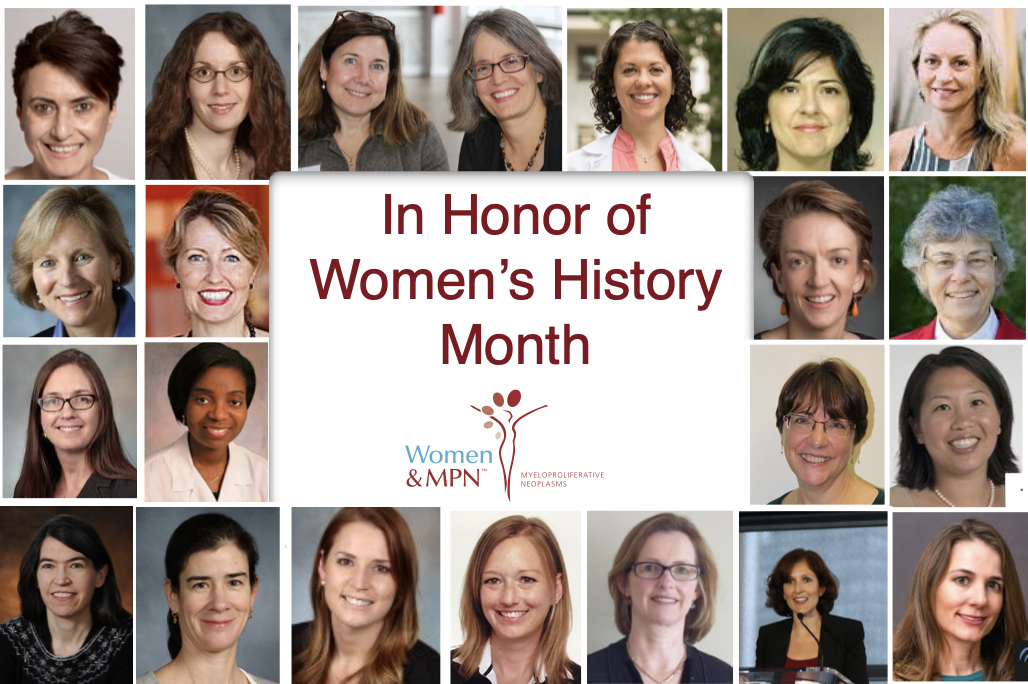 Over the years, it became evident that the challenges endured by females with myelofibrosis, polycythemia vera, and essential thrombocythemia were particularly difficult. MPN Advocacy and Education International created a Women & MPN program to address those unique issues and encourage further exploration into issues facing women with MPNs. An annual conference focused on Women and MPN discusses the most up to date research and available resources and provides a venue for open dialogue between patients, caregivers, and experts.
Over the years, it became evident that the challenges endured by females with myelofibrosis, polycythemia vera, and essential thrombocythemia were particularly difficult. MPN Advocacy and Education International created a Women & MPN program to address those unique issues and encourage further exploration into issues facing women with MPNs. An annual conference focused on Women and MPN discusses the most up to date research and available resources and provides a venue for open dialogue between patients, caregivers, and experts.
Dr. Laura Michaelis, MD, from the Medical College of Wisconsin/Froedtert Hospital, partnered with MPN Advocacy & Education International to research the specific differences and impact of MPNs on the female patient population. More and more is being understood about the ways that these diseases, including polycythemia vera, essential thrombocythemia, and myelofibrosis, play out across the spectrum of age and gender. The life events of women, including experiences of fertility and menopause, can pose unique challenges in treatment choices.  The higher the risk for clotting younger women face can often mean earlier diagnosis and longer exposure to complicated therapies. Whether or not these conditions are experienced differently in women or whether or not there are differences in treatment response are outstanding questions that scientists and researchers continue to address.
The higher the risk for clotting younger women face can often mean earlier diagnosis and longer exposure to complicated therapies. Whether or not these conditions are experienced differently in women or whether or not there are differences in treatment response are outstanding questions that scientists and researchers continue to address.

